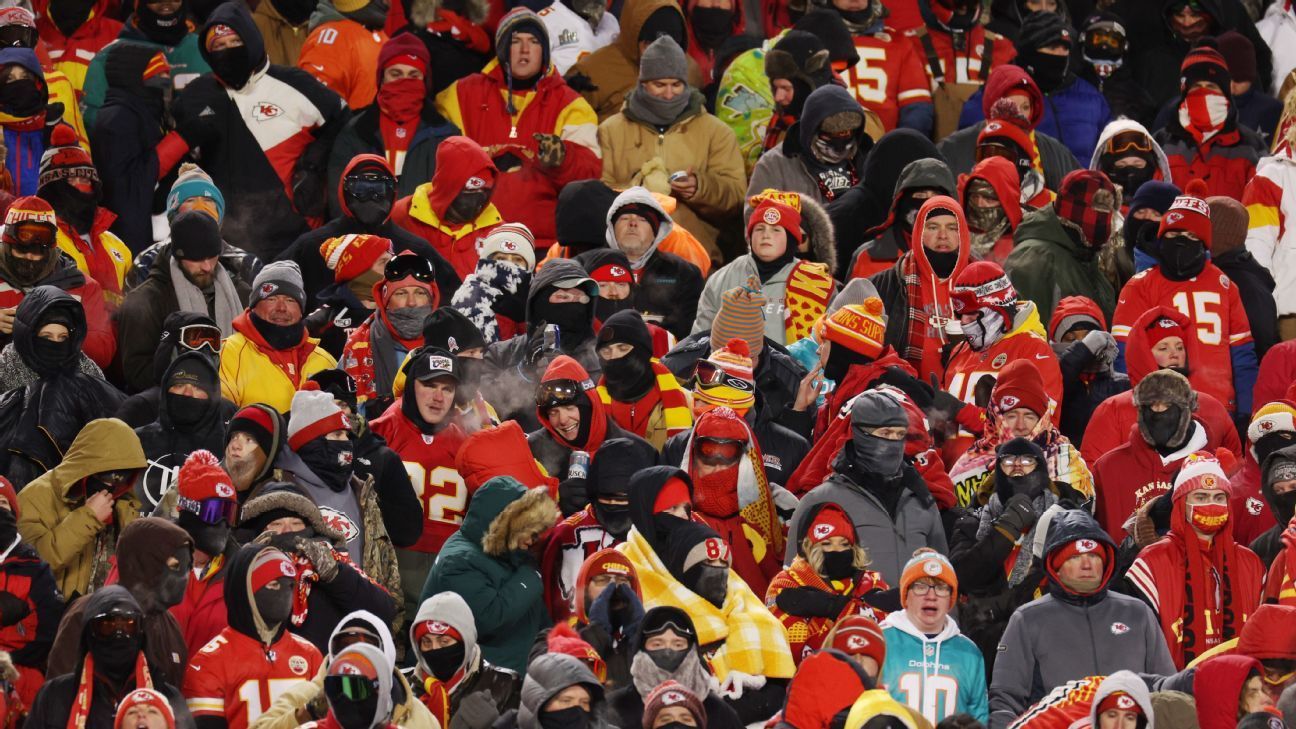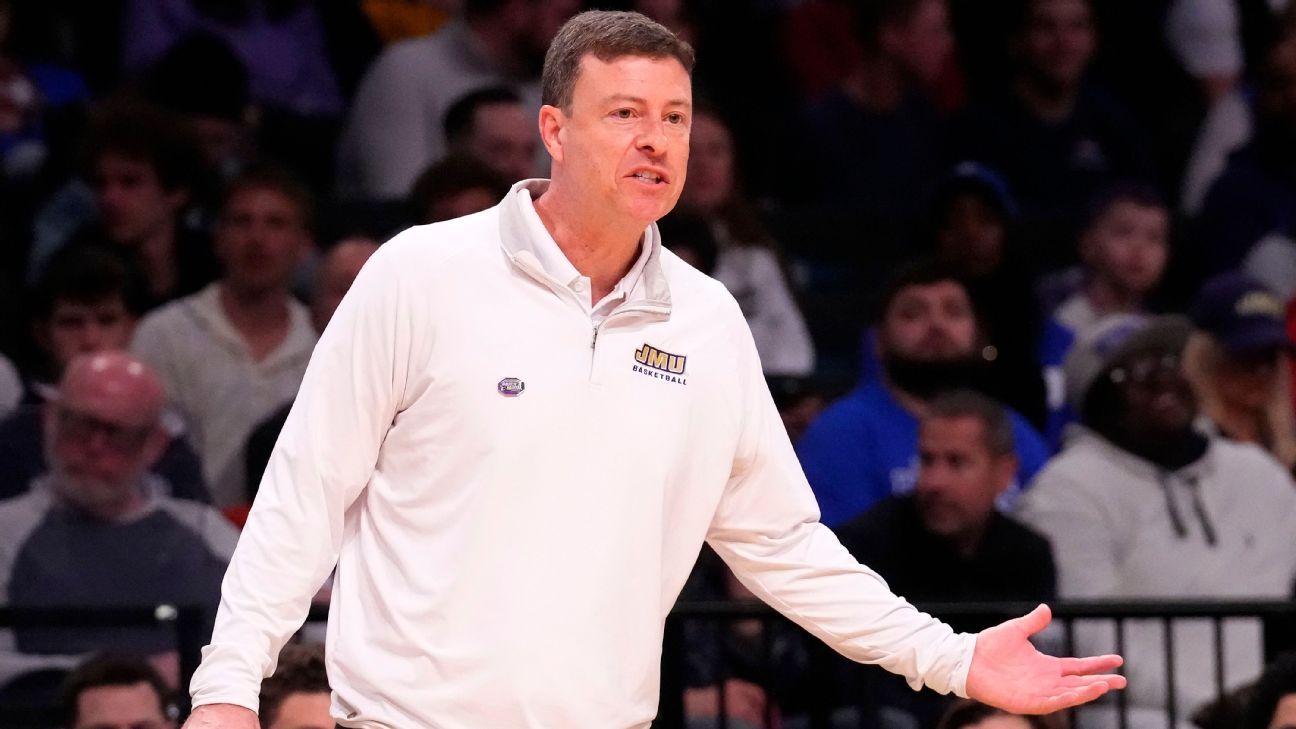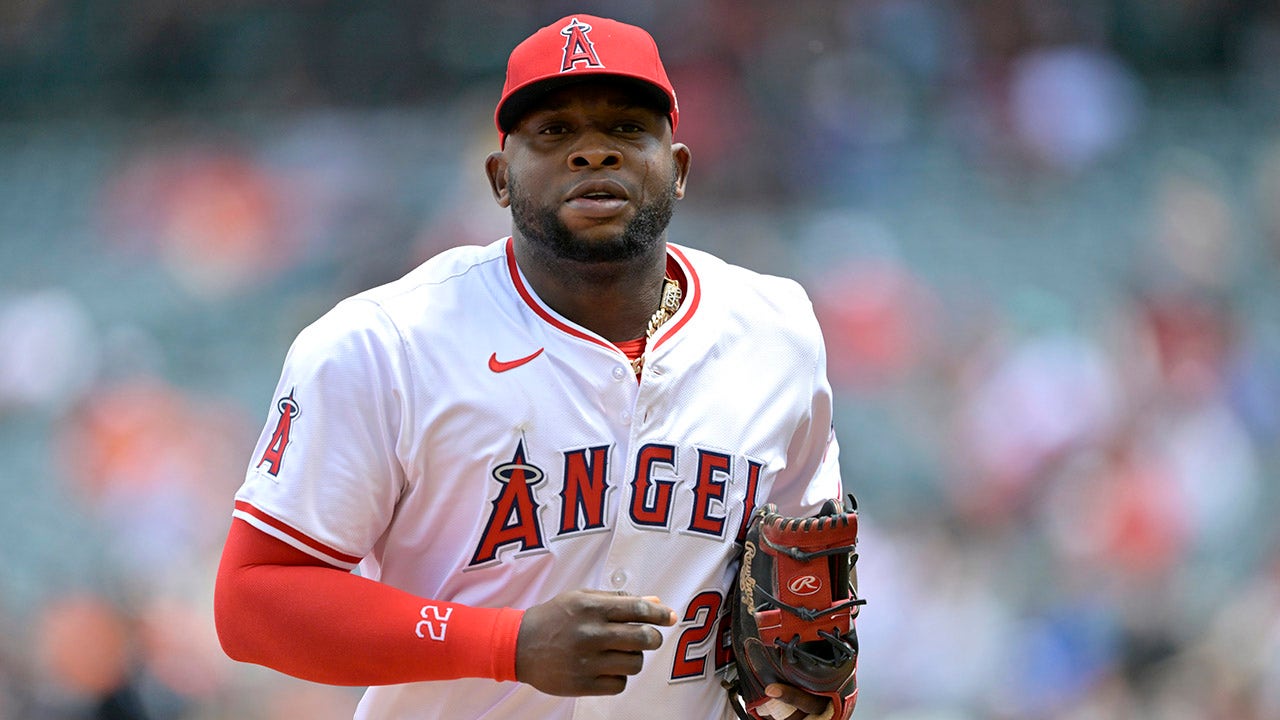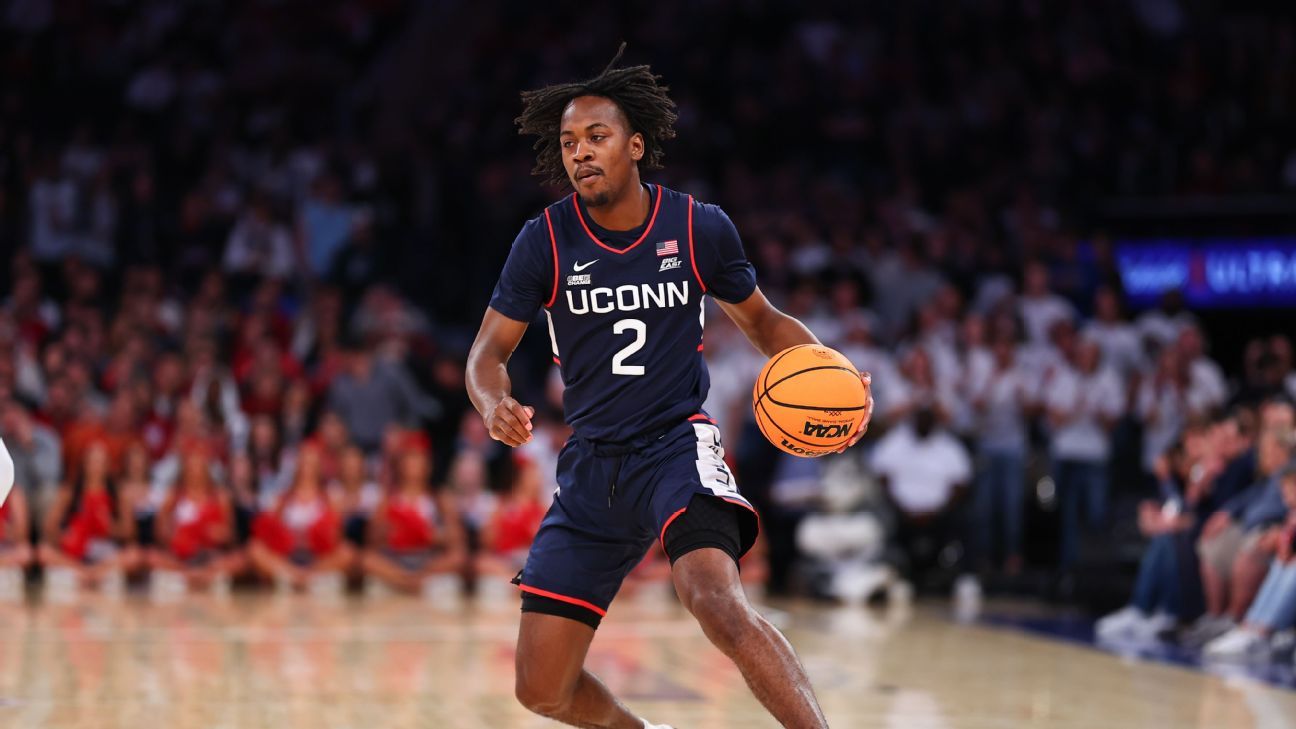KANSAS CITY, Mo. — Some of the people who attended the Chiefs' record-breaking cold playoff game in January had to undergo amputations after suffering frostbite, a Missouri hospital said Friday.
Research Medical Center did not provide exact numbers, but said in a statement that it treated dozens of people who had suffered frostbite during an 11-day cold snap in January. Twelve of those people, including some who were at the Jan. 13 game, had to undergo amputations that primarily involved fingers and toes. The hospital said more surgeries are expected over the next two to four weeks as “injuries evolve.”
The University of Kansas Hospital said it also treated frostbite victims after the game, but did not report any amputations.
The temperature for the Dolphins-Chiefs wild-card playoff game was -4 degrees Fahrenheit, with gusty winds causing a wind chill of -27 degrees Fahrenheit. That broke the mark for the coldest game in Arrowhead Stadium history, which had been 1 degree, set in a 1983 game against Denver and tied in 2016 against Tennessee.
The wild card game was played on the same day the Buffalo Bills were supposed to host the Pittsburgh Steelers, but that game was delayed a day because a blizzard dumped up to 2 feet of snow on New York and made travel to the stadium difficult. Too dangerous. .
The game in Kansas City went on as planned because frigid weather did not present similar problems getting to Arrowhead Stadium, despite the National Weather Service warning of “dangerously cold” wind chills.
Frostbite can occur on exposed skin within 30 minutes, Dr. Megan Garcia, medical director of the Grossman Burn Center at Research, said in a statement that answered one of the top questions she gets asked. The time may be even shorter if there is wind chill, she said.
Fans were allowed into the stadium with thermal blankets and small pieces of cardboard to place under their feet on the cold cement.
The coldest game in NFL history remains -13 Fahrenheit for the 1967 NFL championship, when the Packers beat the Cowboys at Lambeau Field in a game that became known as the Ice Bowl. The wind chill that day was -48 degrees below zero.
The Chiefs did not immediately respond to emails from The Associated Press seeking comment.












